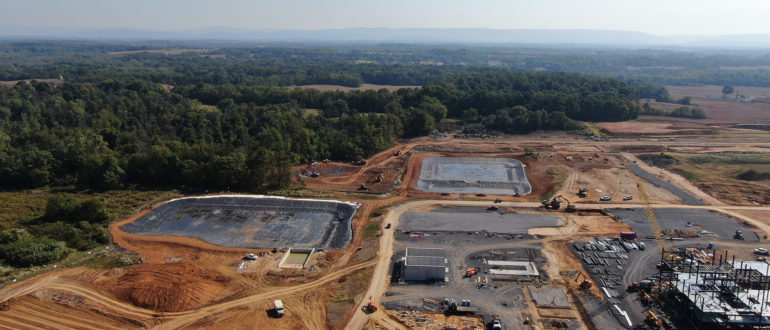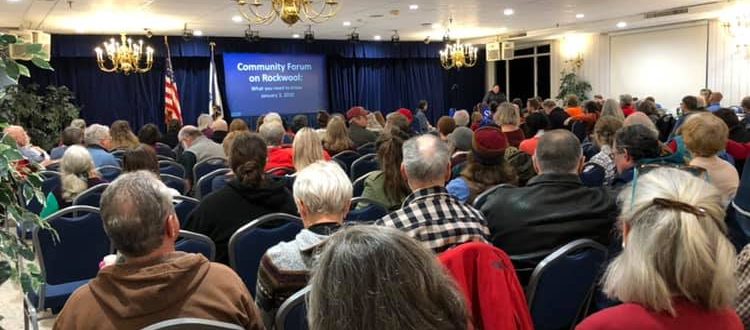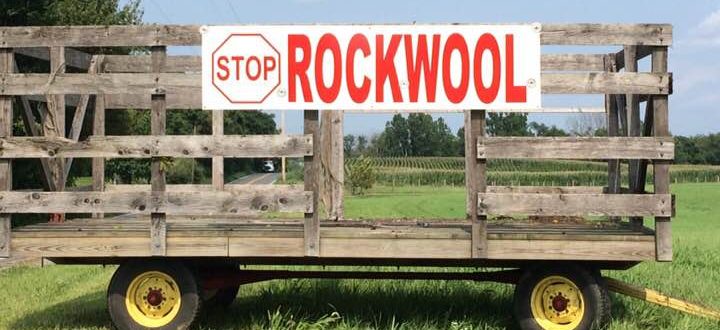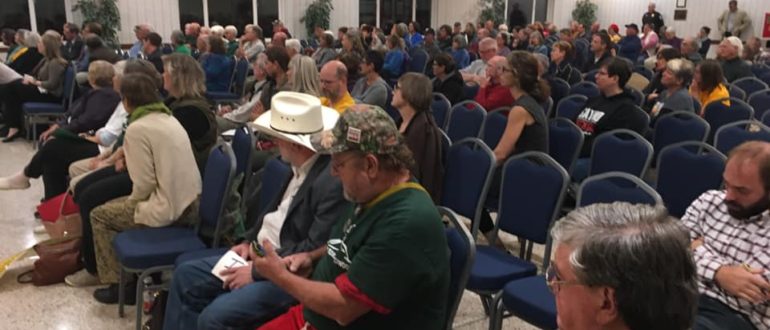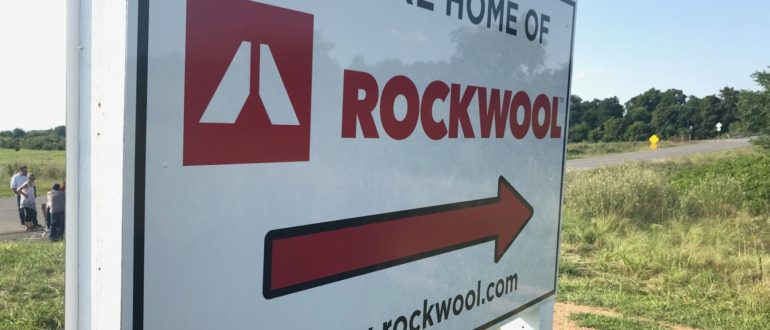Today, Jefferson County Foundation filed an appeal of Rockwool’s Construction Stormwater permit registration with the West Virginia Environmental Quality Board. The Foundation is standing up for the protection of the ground and surface water resources in Jefferson County and the surrounding region.
The DEP has allowed Rockwool to operate on this original permit from its first issuance on October 19, 2017 until February 25, 2020. Several times, the DEP neglected to require Rockwool to apply for and obtain a re-registration despite significant modifications to the permit, including increased limit of disturbance, grading beyond one year, and significant modification to the permit by addition of a sinkhole remediation plan. By doing so, the DEP eliminated every opportunity the public had to give input on and point out the inadequacies of this permit to protect our vulnerable groundwater resources. This has allowed Rockwool to construct for over two years without correcting these major errors in its stormwater design.

DEP’s initial review of Rockwool’s Construction Stormwater permit application was insufficient and left our water resources vulnerable to contamination during construction and in the years to come. Rockwool failed to provide adequate and accurate information in their application allowing them to avoid public notice and public comment in October 2017 on this original permit. Specifically, they did not follow the requirement for reporting their limit of disturbance; they reported it as 98.9 acres and failed to include the acreage from the common plan of development as is required in the permit conditions.

All projects over 100 acres are required to go to public notice and public comment. Rockwool claimed the construction of their plant would only require 24 weeks (recall they started on November 1, 2017 and is still not complete!). All projects with grading lasting greater than one year require public notice and public comment. By misreporting and misrepresenting this information, Rockwool was able to avoid public notice in more ways than one in Fall 2017. Had they had public notice, we may have been aware of this project prior to the sneaky publication of the air permit notice the day before Thanksgiving in 2017, and we may have been looking for it, giving us the opportunity to challenge it at the time. Furthermore, it strains credulity to think the DEP did not realize that these two parameters were drastically underreported. The DEP should have required the limit of disturbance include the common plan of development and should have required public notice and public comment in October 2017.
The Foundation is pursuing every available means to correct this situation and protect the vulnerable groundwater resources in Jefferson County and surrounding region.
Thank you to all that have donated in support of our legal fight against Rockwool. If you would like to contribute, please go to bit.ly/33yxyKc

